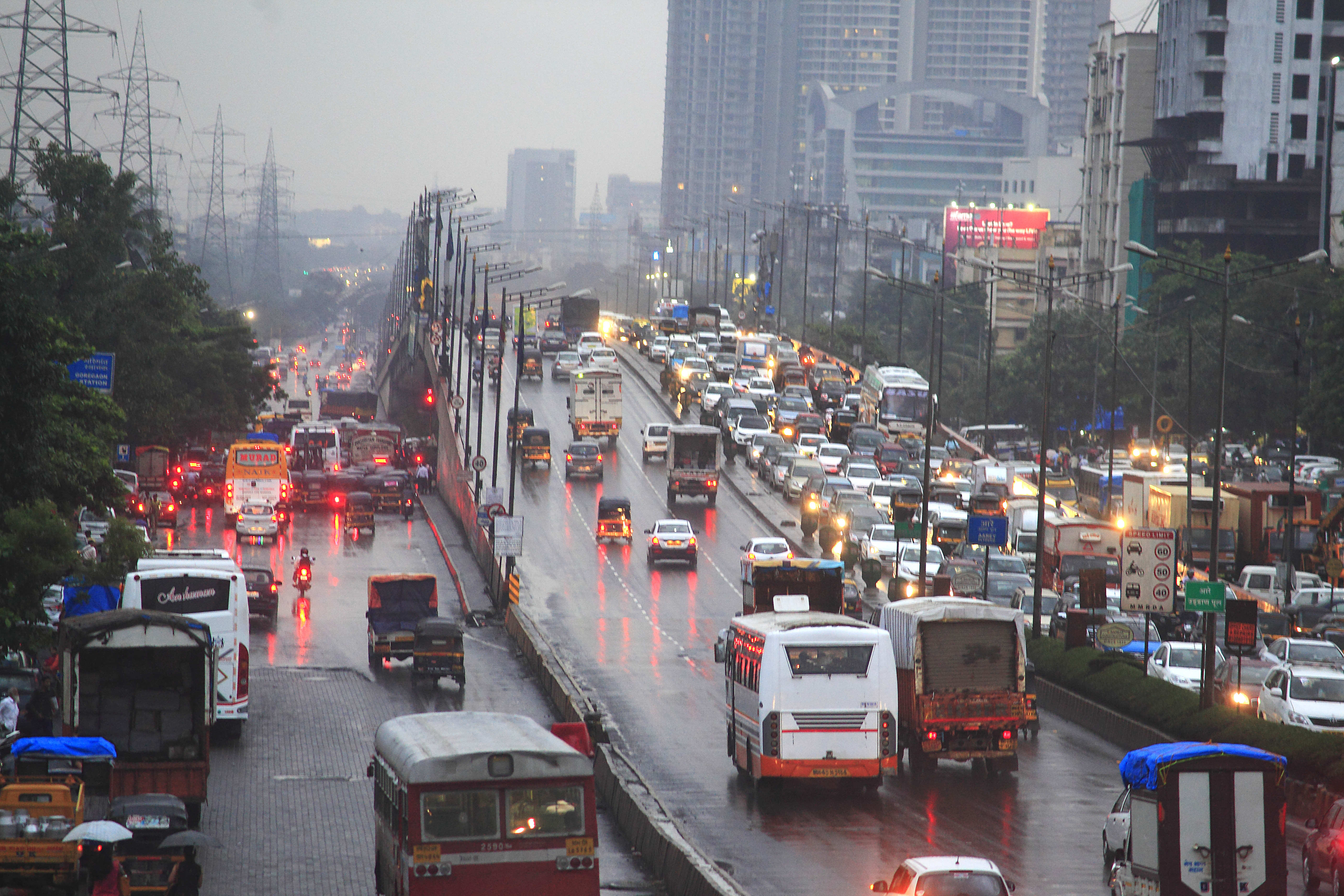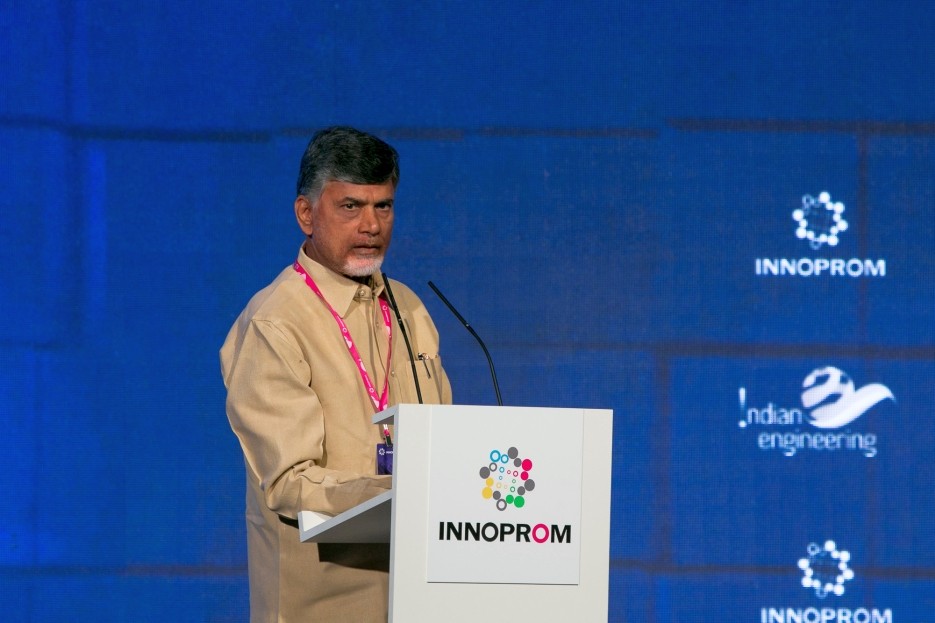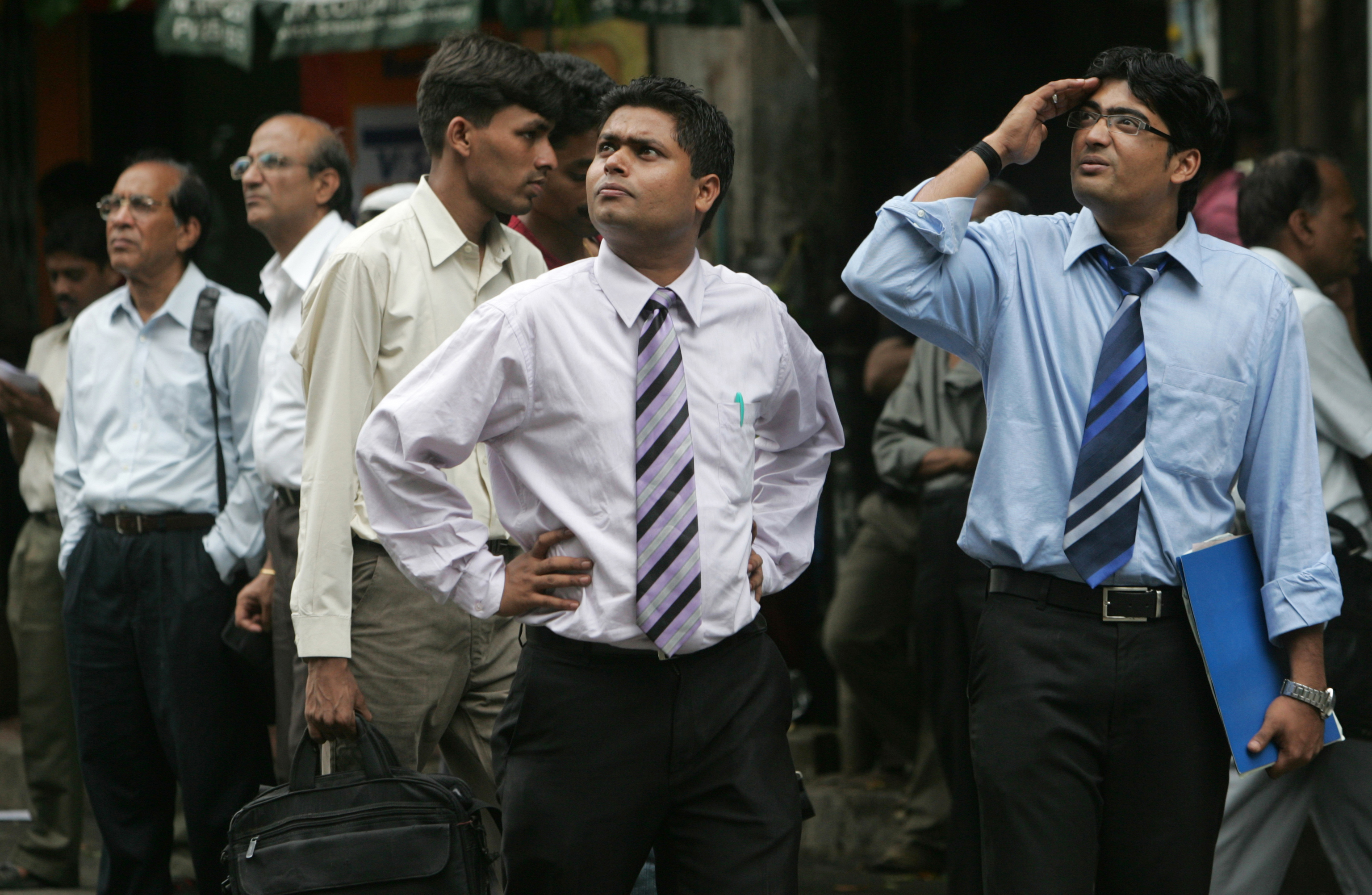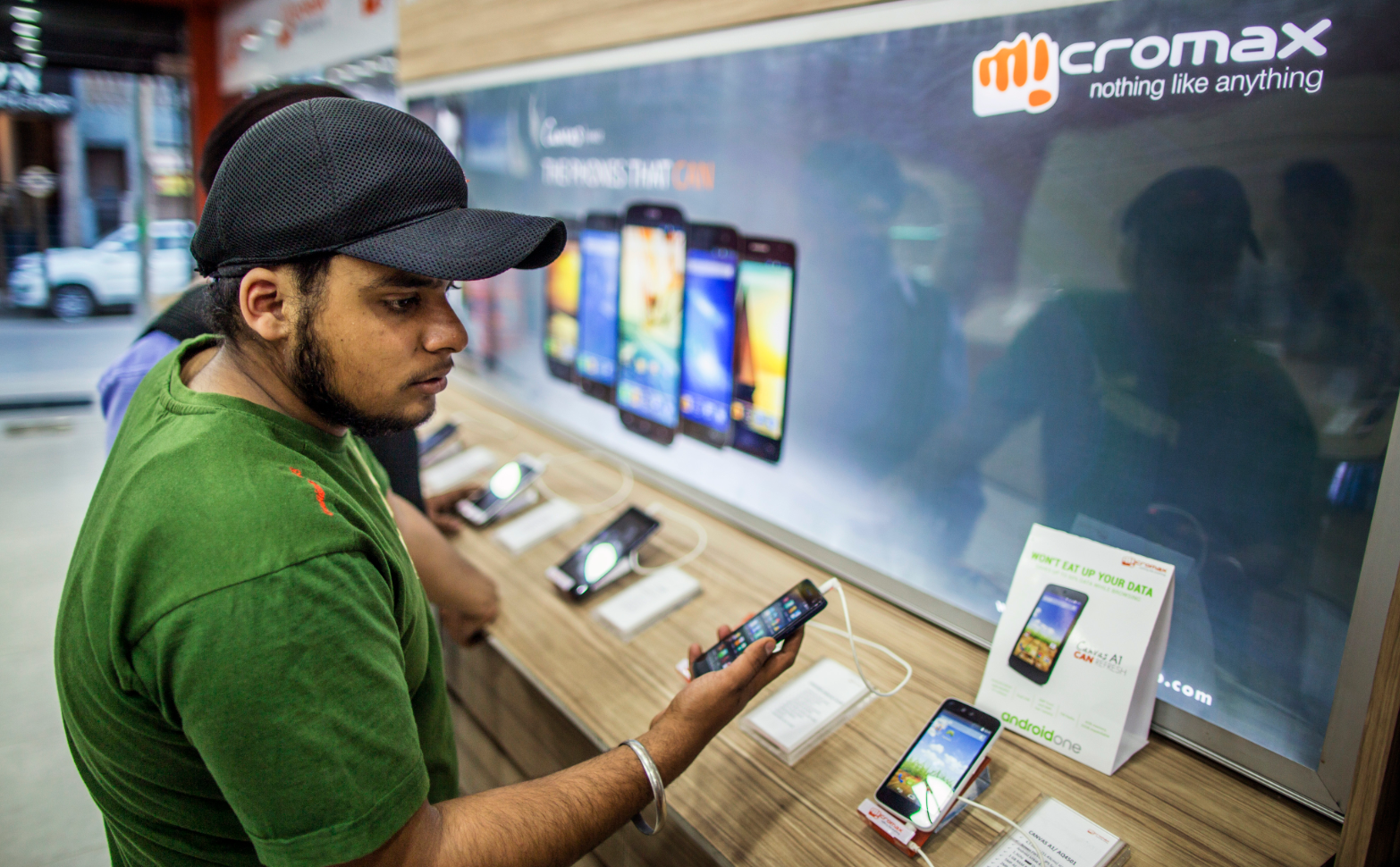New Development Bank to work closely with BRICS Business Council

The NDB finances the construction of major roads in BRICS countries. Source: Zuma/Global Look Press
The New Development Bank (NDB), one of the flagship institutions of BRICS, will work closely with the BRICS Business Council. Senior executives from the bank met members of the council in New Delhi, where the NDB held its second annual meeting on March 31-April 2.
An official agreement is being prepared to formalize this cooperation.
“The agreement between the bank and the council should have a practical character and we are ready to take part in its preparation, including the creation of a list of specific projects,” Alexander Misharin, first vice president of JSC Russian Railways, told RIR. “The high speed railway between Moscow and Kazan might be one such project and it could later become a part of the Moscow-Beijing transport corridor.”
The foundation of the BRICS Rating Agency is another urgent goal for the group of emerging economies, Vladimir Dmitriev, Vice President of the Russian Chamber of Commerce and Industry, said. “None of the BRICS countries are happy with the fact that their development prospects are assessed in other countries,” he added.
The initiatives undertaken by BRICS leaders at last year’s summit in Goa, to set up a new global financial architecture, have assumed greater prominence. Member countries are keen to have a stable currency reserve to avoid being in a position where they would need help from U.S.-dominated multilateral institutions like the International Monetary Fund (IMF).
Institutions such as the NDB, the BRICS-led Contingency Reserve Fund (CRF), and the Asian Infrastructure Investment Bank (AIIB), where China, India and Russia are the biggest stakeholders, aim to bridge the gap between available funding and large investment demands of BRICS member states.
NDB’s growing role in BRICS countries
The NDB supports investment in sustainable development projects including infrastructure, green economy, water supply and smart cities.
On April 1, India’s Finance Minister Arun Jaitley said that the first NDB loan has been approved for an Indian project. The bank will finance the construction of major roads in Madhya Pradesh.
“With this, the NDB will have its first footprint in India,” Jaitley said. “We have proposed projects worth about $2 billion for NDB funding, which I hope will be taken up by the board expeditiously,” he added while giving the keynote address at the opening ceremony of the NDB meeting in New Delhi.
For now the only project in Russia financed by the NDB (along with the Eurasian Development Bank) is the building of two small hydropower plants in Karelia, the Beloporojskaya HPP-1 and the Beloporojskaya HPP-2. This project, worth 11.8 billion rubles ($209.5 million), is being implemented by Russian Nord Hydro and is scheduled to be completed by the end of 2019. The NDB has agreed to provide two loans ($50 million each) for the completion of the project.
Russian Railways is also negotiating a $1 billion loan for the Moscow-Kazan high-speed railway route.
The NDB has signed memorandums of understanding with the AIIB, European Bank for Reconstruction and Development (EBRD), the European Investment Bank (EIB), the International Investment Bank (IIB), and the Eurasian Development Bank.
During the meeting in New Delhi, the NDB’s board agreed on a new development strategy for 2017-21 and a procedure for the admission of new members. The official document with new changes will be published by July 2017.
If using any of Russia Beyond's content, partly or in full, always provide an active hyperlink to the original material.
Subscribe
to our newsletter!
Get the week's best stories straight to your inbox


